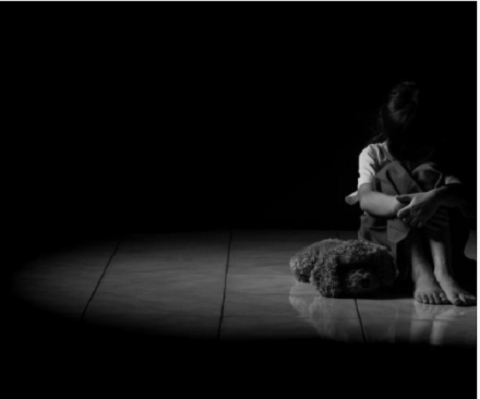Female genital mutilation (FGM) is a serious human rights violation. In spite of this, it is estimated that 180 000 girls and women, as European citizens or residents, are at risk of FGM in the European Union. 500 000 women and girls currently living in the European Union are estimated to have experienced FGM.
On the occasion of the International day of zero tolerance for female genital mutilation, Béatrice Fresko-Rolfo (Monaco, ALDE), General Rapporteur on violence against women of the Parliamentary Assembly of the Council of Europe and Co-ordinator of the Parliamentary Network Women Free from Violence, reaffirms that the Council of Europe firmly condemns all forms of violence against women.
In 2016, Béatrice Fresko-Rolfo already noted, in a report on “Female genital mutilation in Europe”: “The figures are alarming and reveal, if indeed evidence were necessary, that we are directly affected. We must acknowledge that this practice takes place worldwide and must take action to ensure prevention, protection and appropriate punishment, and to remedy and deal effectively with the long-term consequences on the lives of these women.”
The report underlined the necessity of criminalising these practices and ensuring their criminal prosecution, the need to strengthen international judicial and police cooperation, as well as enhancing and backing structures providing support to victims. It is therefore essential to “build bridges between the countries concerned by FGM and support the action taken by local organisations”.
Read also
PACE Resolution 2135 (2016), adopted following this report, therefore recommends the recognition of FGM as violence against women and children, as well as a proactive and resolute fight against these scourges, in particular through the signature, ratification and full implementation of the Council of Europe Convention on preventing and combating violence against women and domestic violence (Istanbul Convention).
PACE



























































